In November this year we were back in Tanzania, on the famous 'Northern Circuit', comprising Arusha, Tarangire National Park, Nogorongoro Crater, Ndutu and the Serengeti. And it sure lived up to expectations! Easily the most impressive safari destination we visit, in terms of sheer scale and numbers of animals. Seeing huge numbers of animals in giant landscapes is an incredible experience. Add in some great birding 'on the side', wonderful accommodation (as...
African Safaris: Green Season vs. Dry Season - when to go on a safari.
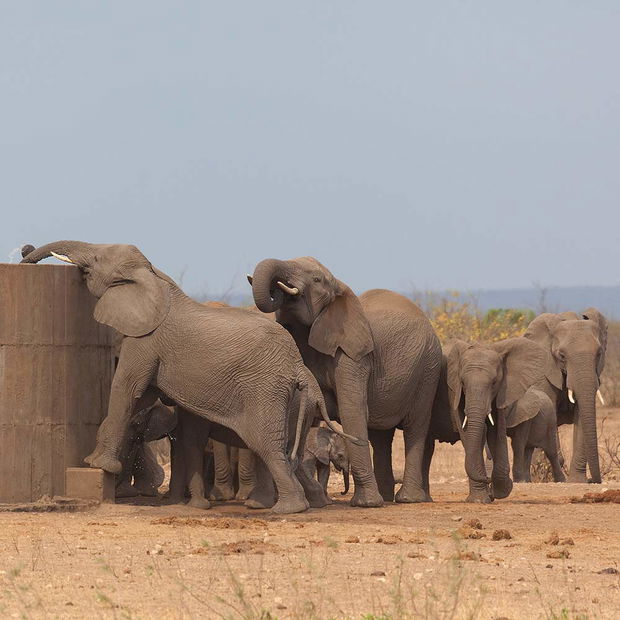
When to go on an African safari tour is probably one of the first questions asked by anyone starting to plan a safari vacation.
The answer is not simple though, and depends on where in Africa you want to go and what your priorities are. In this article we try to cover this question of when to go on an African safari without getting too bogged down in details.
African Safari Seasons:
Let's start by looking at the seasons in the two main safari areas - Southern Africa and East Africa.
Southern Africa comprises South Africa, Botswana, Zimbabwe, Namibia, Mozambique and Zambia.
East Africa comprises Kenya, Tanzania and Uganda.
Southern Africa is straightforward - it has a summer wet season, from about October to early May; and a winter dry season from May to October. Summers are warm to very hot, and can be humid in places, while winters are mild to warm, with low humidity.
East Africa has a more complicated cycle. The 'short rainy season' runs through November and December, and then the 'long rainy season' runs from March to May, roughly. Of course, climatic patterns are becoming ever more unpredictable, so it's hard to be sure exactly what's going to happen weather-wise on any given safari - as with the stock market, past performance is no indication of future performance! Or at least not a solid indication...
Now let's look at the pros and cons of each safari season, and discuss the 'shoulder seasons' (basically Autumn / Fall and Spring). Just remember though, if you are reading this in the Northern Hemisphere, you have to swap things around in your head, as our Fall is your Spring etc!
Dry Season pros:
- The number one pro in terms of dry season safaris is the better game viewing. When conditions are dry, surface water is limited and animals are concentrated around watering points, rivers etc. The difference in big cat sightings between wet and dry season can be marked, especially in 'self-drive' national parks such as Kruger, when one is relying on luck and instinct (tracking and a radio network can mitigate this difference to a degree in the private reserves).
- The number two pro is that it is, well, dry. Chances of rain are minimal. And we know this sounds good to our British visitors in particular! This doesn't mean that the weather is great, but it does mean that the chances of disruptive rain are low to very low.
- Malarial risk is generally lowest in the late dry season.
Dry Season cons:
- It's busy! Most people want to visit in the dry season, so parks are as full as they are going to get.
- It's more expensive in some destinations. Places like Botswana have higher rates in the dry season, making it that much more expensive.
- Parks and reserves aren't looking their best in the height of the dry season. In October, many parks are brown and dusty, sometimes with little grass cover remaining (depending on what the previous rainy season was like), and animals are often not in good condition, at least in the case of the herbivores.
Wet Season pros:
- Wet season is far more pleasing on the eye. Most reserves are transformed into green wonderlands; lush and full of life. In some the transformation is remarkable - from barren dust bowls in the dry, to emerald green Gardens of Eden in the wet season. Animals are in their prime, and they almost seem to rejoice in the good conditions.
- Wet season has a lot more life - birds, insects, the flora, are all peaking, making the most of the rains. One also sees more young animals in the wet season, particularly in Impalas, Wildebeest and Zebras.
- Birding is generally better in the wet season.
- Wet season can be a lot quieter in terms of other visitors, and with the decreased demand comes lower prices.
Wet Season cons:
- Well, water, in the main. Getting around can become difficult to impossible, depending on the exact park and region (Kruger has a good network of tar roads, so it's only very occasional that one can't drive around at all; while the Masai Mara has rough dirt tracks that become quite treacherous after heavy rain). Accessibility can be such an issue that in some areas, such as Zambia, many parks and lodges are closed during the wet season.
- Game viewing can be that much harder, in terms of the predators especially, and other prominent species too - for example, in the dry season in Etosha, Namibia, Elephants are abundant, while in the wet season one will see requests on Facebook groups etc for any info about where one could possibly see an Elephant. In some parks though, such as the Kruger, the difference is less severe, and even in the wet season one should still see a lot of big game, even if cats sightings are not what they are in the height of the dry season.
- It can get very humid in the wet season. While in places like Kruger, for example, it can be very hot between September and late April, it's a dry heat between September and November, but then gets pretty humid as well as the wet season kicks in. Can be uncomfortable for those not used to it (though the chalets have AC).
- Malarial risk (in applicable areas) is highest in the late wet season.
The 'Shoulder Seasons':
- In Southern Africa this refers to the mid-April to mid-June period (Autumn and early Winter) and November (early summer), though discounted rates may not correlate exactly with these months. These are often good months to do a safari (though not so much with April, which has Easter and a number of public holidays, when locals flock to parks and reserves), taking advantage of accommodation specials and 'in between' weather - not too hot, not too cold, not too wet.
- In Kenya, January and February and November are shoulder seasons, while in Tanzania, January and November are 'shoulder months' (the wildebeest calving spectacle makes February popular).
In Conclusion:
There's basically no bad time to go on a safari! Though many experts agree that it's best to avoid the long rains in East Africa.
When planning an African safari tour, it's best to consider what your priorities are: big cats, birds, more manageable temperatures etc. Then also consider rates and how that impacts what you can afford, and whether you are put off by parks being busier with other tourists or not. And finally - and probably most importantly - your personal schedule, when you can get time off work or away from family etc. And, for more help on when to do a safari trip to Africa , speak to the safari experts, whom you can contact below with the click of a button!
Further Reading
In May we finished our inaugural Birds & Wildlife of Kenya safari - 16 days covering some of the best birding and wildlife areas of Kenya. From Samburu - absolutely magical after good rains - to the Rift Valley Lakes, Kakamega Forest - a last remnant patch of rain forest that once extended much further eastwards across Kenya - to the famous Masai Mara, there was plenty to keep us occupied! Check...
Raptors of Kruger. What raptors can you see on a Kruger National Park Birding Safari? For many a birder, the raptors are a firm favorite, embodying power, grace and beauty, and seeing a new species of raptor is sure to get the pulse rate up for a few minutes. They make great photographic subjects and, when on an African birding safari, new species of raptor are bound to be seen pretty regularly,...
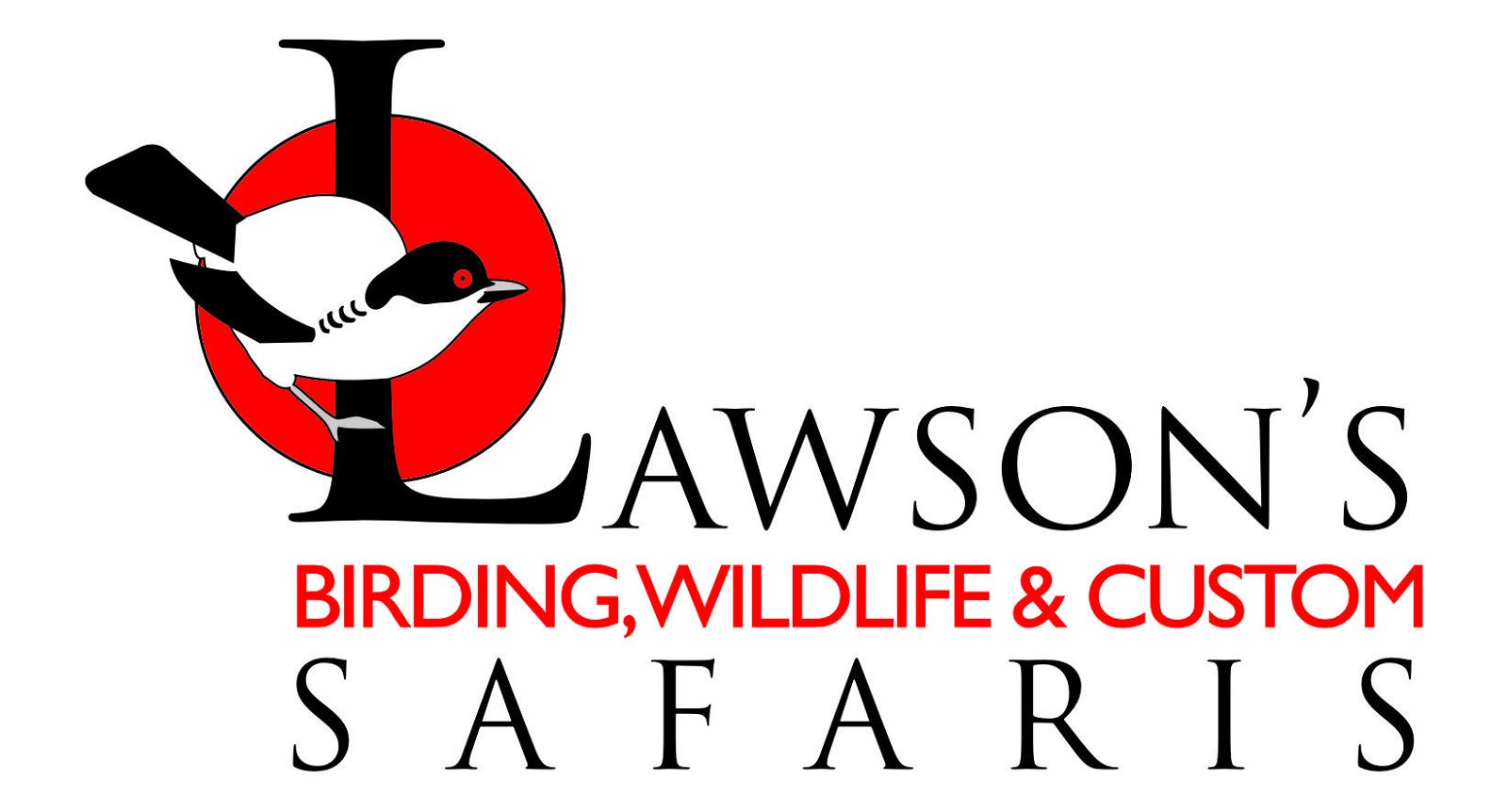

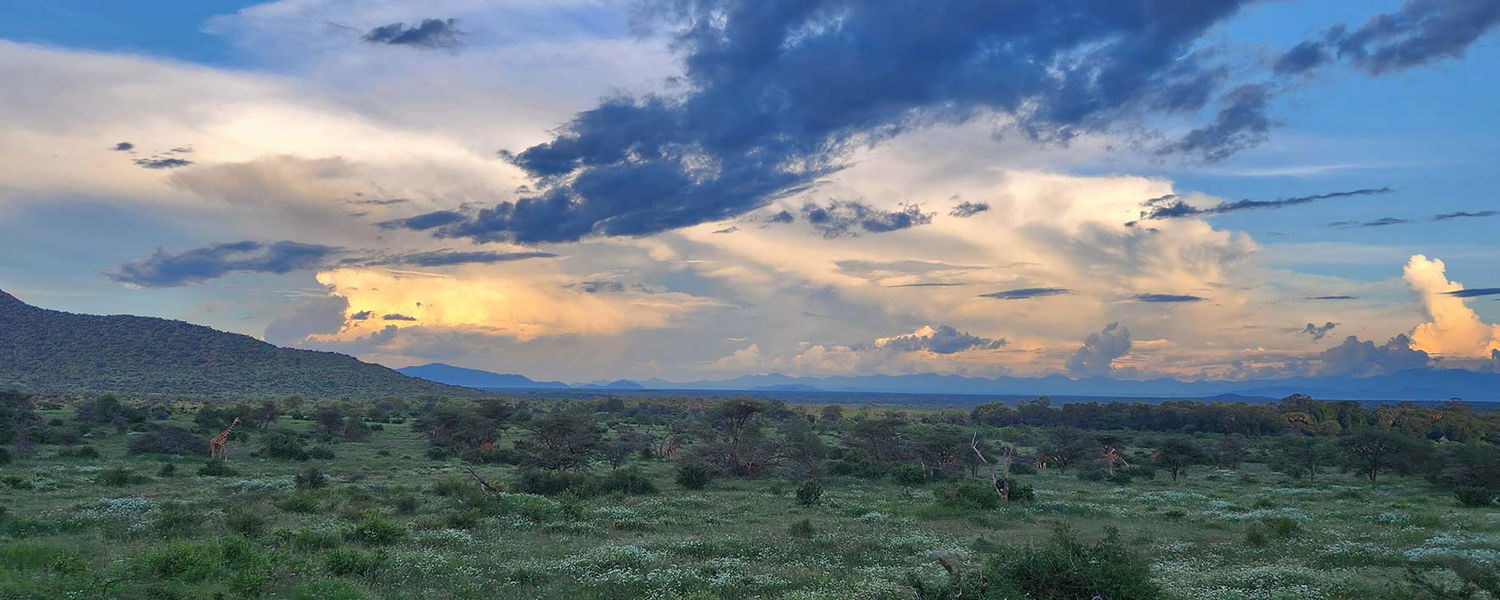
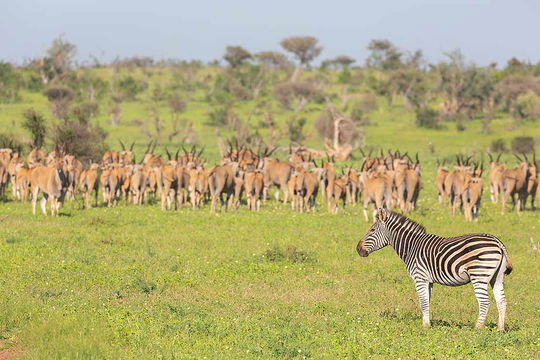
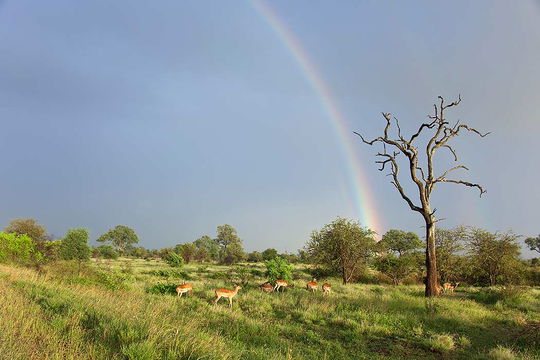
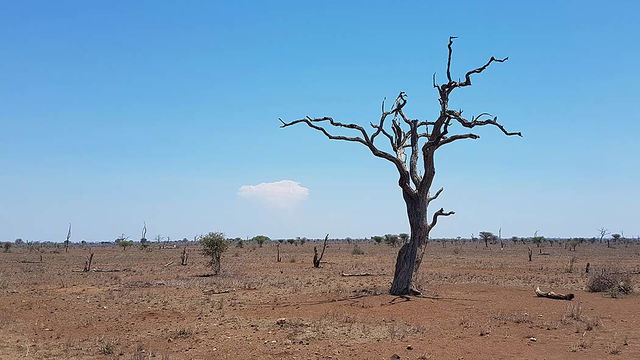
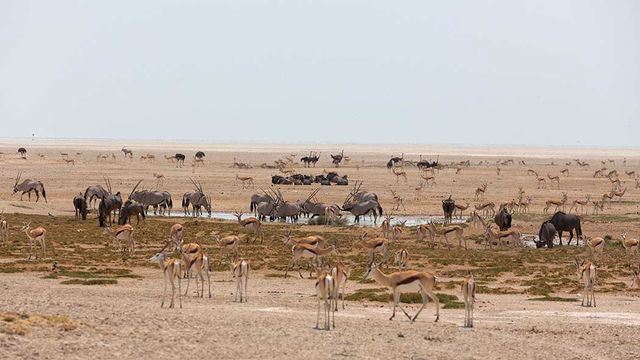
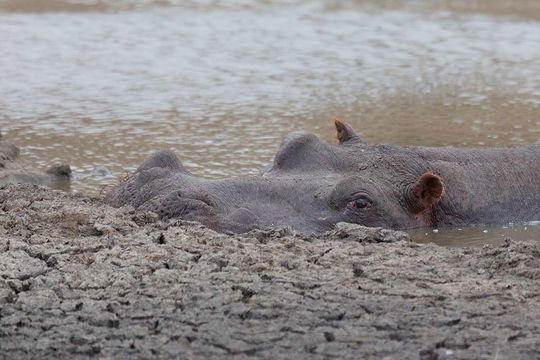

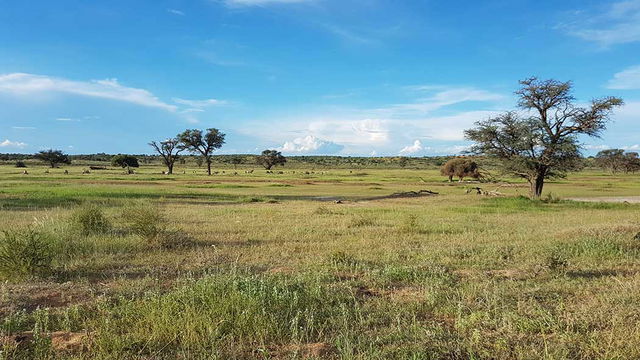
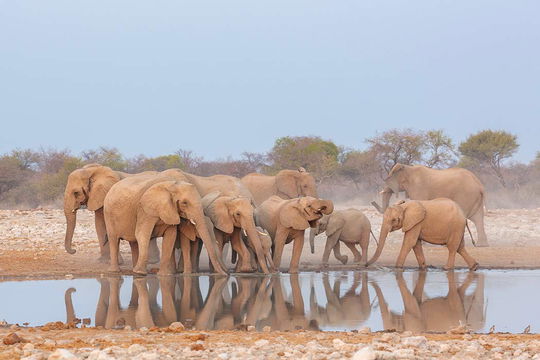
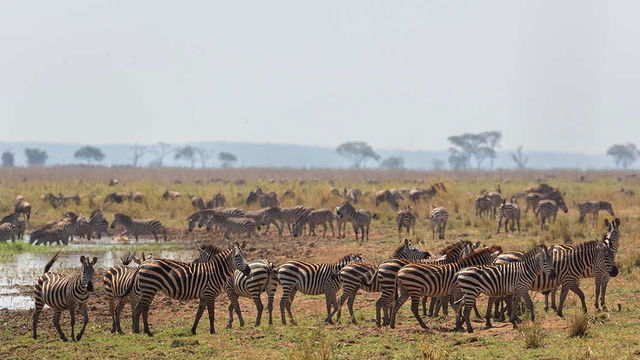
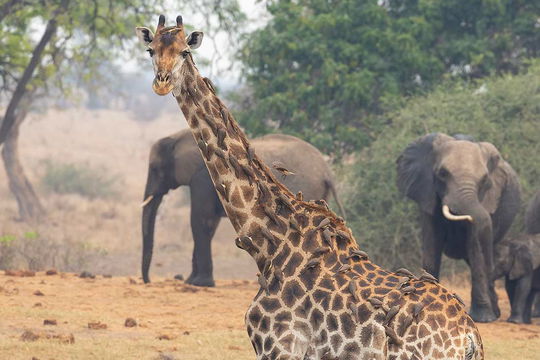
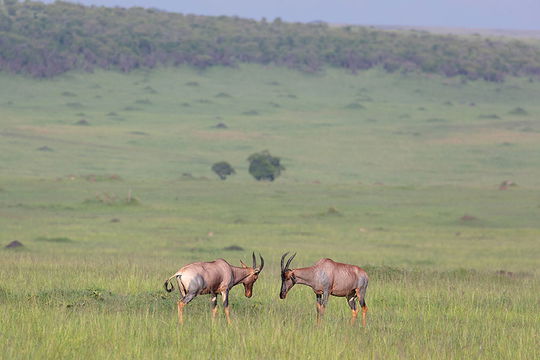
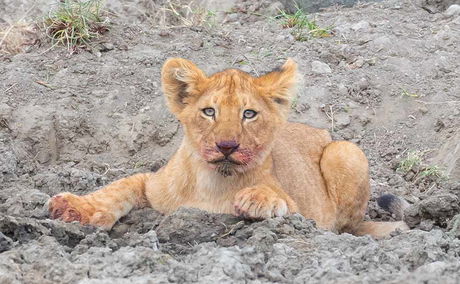
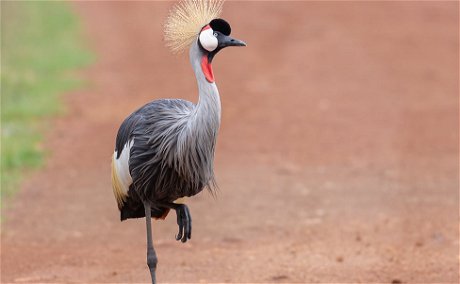

Share This Post